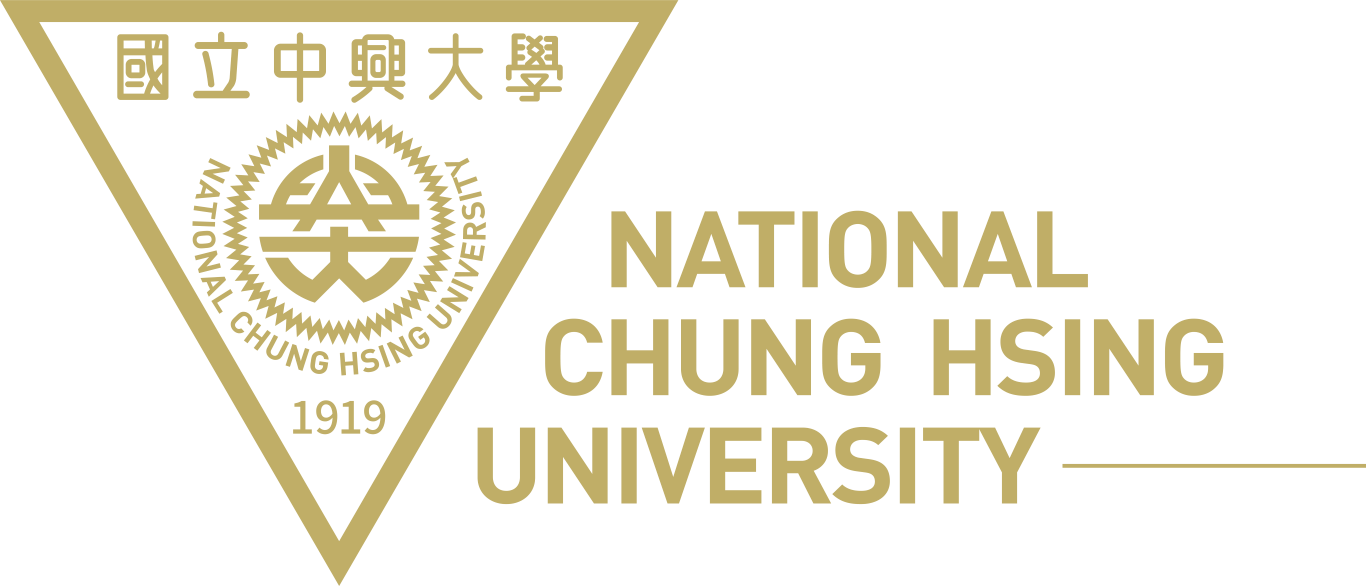Patent Applications
1. Pursuant to Article 2 of the University’s Regulations Governing the Management and Utilization of Research and Development Outcomes, the intellectual property rights of research and development (R&D) outcomes produced by faculty members and students using NCHU resources belong solely to the University unless otherwise stipulated in a separate contract or other applicable regulations. Faculty members who wish to apply for a patent must do so through the Division of Patent and Technology Transfer in accordance with internal regulations.
2. Patent fees may be shared in different percentages with different royalty distribution ratios:
|
Cost sharing scheme |
Cost borne By researcher |
Cost borne by NCHU |
Royalty assigned to researcher (department outcomes) |
Royalty assigned to researcher (non-department outcomes) |
|
Scheme Ⅰ |
40% |
60% |
32% |
40% |
|
Scheme Ⅱ |
100% |
0% |
64% |
80% |
3. The University only provides funding for invention patents, the guidelines for which are as follows:
The University may subsidize up to three R.O.C. patent applications per researcher per year (Plan I).
Those who meet both of the following requirements are eligible for subsidies for patent applications in foreign territories:
1) R&D outcomes represented by the researcher have undergone a technology transfer by the University with a value of NT$1 million or more.
2) The patent application has been reviewed by two or more experts in writing and has been approved by the Patent and Technology Transfer Promotion Committee.
The cost sharing scheme will be the same for both domestic and foreign applications for the same patent.

